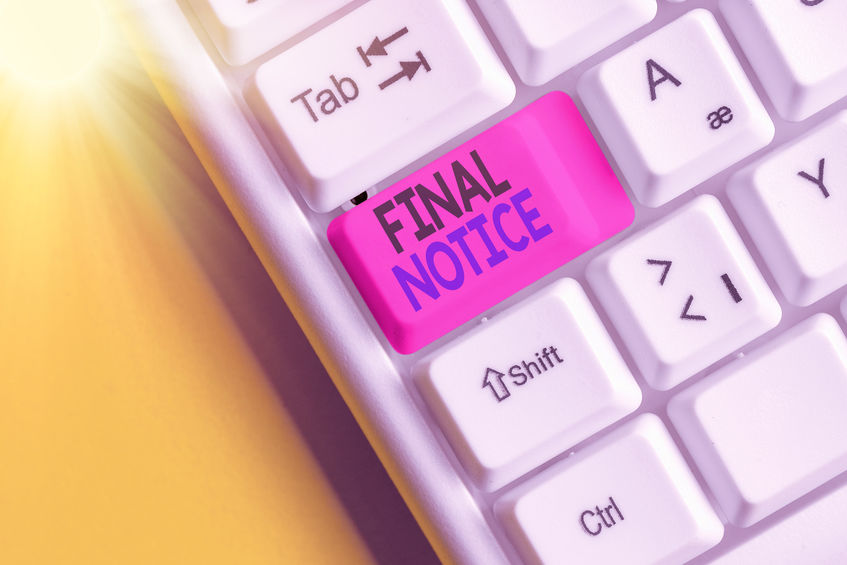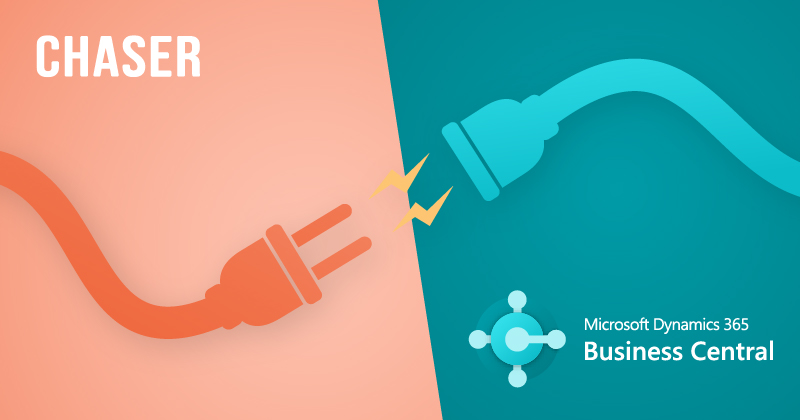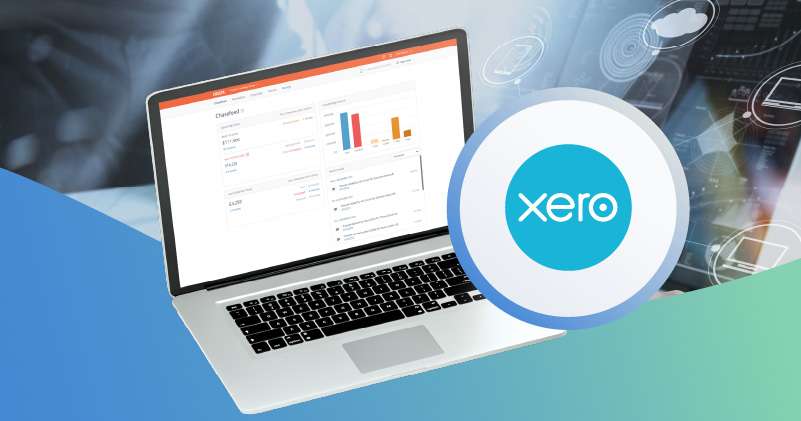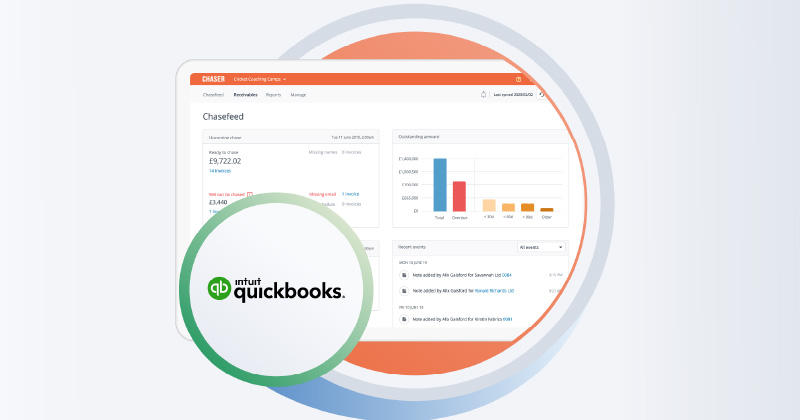Spending time running down late payments is an unfortunate, and all too regular, part of running and small or medium business (SME). According to Dun and Bradstreet’s research, the average SME is owed around £63,881 in late payments.
Non-payment of invoices resulted in 35 percent of the 500 companies surveyed experiencing cash flow difficulties, and 58 per cent reported that late payments put their business at risk of failure.
We’ve spoken before about the importance of debt collection software for digital debt collection and how and when to escalate credit control chasing.
In today’s article, we’ll be talking about the most challenging step in that escalation process, contracting a debt collection service to chase unpaid invoices.
Acting at the right time for the best results
While it might seem like escalating an unpaid invoice to a debt collector is a worst-case scenario, it’s more productive to think of it as just another tool in your toolbelt.
As with all tools, you need to know how, and when to best use them. Escalating to a debt recovery service too early can put a strain on the relationship you have built with your customer. But, using the tool correctly, and escalating the invoice at the right time is in many cases the difference between getting the invoice paid, and writing it off.
To help you understand when the best time to engage debt recovery services is, we’ve put together the below timeline for effective debt recovery.
1-3 days after invoicing
If your company has provided a service or product and payment isn’t immediately forthcoming, it can be tempting to immediately reach for the big guns, especially if that unpaid invoice is crucial to your cash flow. It can be easy to embrace the worst-case scenario and assume you’re never going to get paid. However, it’s worth remembering that genuine mistakes do happen.
Once your payment deadline has passed, don’t be afraid to send a firm, but polite and still friendly, email requesting payment. Ask your client to contact your company if they are having trouble paying. Remember to attach a copy of the original invoice.
7 days after invoicing
After seven days, it’s time to apply a little more pressure. Contact your client again with a slightly more sternly worded email informing them that their payment is still outstanding. Give them a set period to make payment before you further escalate the matter. 14-days is reasonably standard.
To apply a little more gentle pressure, you can also state that, as per the Late Payment of Commercial Debts (Interest) Act of 1998, you have the right to claim late payment interest and compensation covering the “reasonable costs” incurred while recovering the debt.
21 days after invoicing
After 21 days, it’s best to deploy the personal touch. Emails are easy to ignore; phone calls are not.
Contact your client directly or escalate it to a senior member of staff. During the call, remain polite and empathetically, but stress that this is the last chance for your client to arrange for payment to prevent further escalation.
You have the discretion to allow more time to facilitate payment, but you are also entirely within your rights to contract debt recovery services if payment isn’t made.
More than 30 days after invoicing
More than 30-days is usually considered to be the rubicon when it comes to unpaid debt. If your client has ignored all other payment requests, it’s time to contract with a reliable debt collections agency.
Do your research before picking an agency.
The best debt recovery services will keep you in the loop at all time, always abide by the correct legal process, and are entirely transparent with you about all costs.
Referring an unpaid invoice to a collection agency isn’t a step anyone wants to take. However, with our timeline, you’ll know precisely when the appropriate time is to escalate to debt collection and have the peace of mind that you’ve already offered your client multiple other solutions.
Chaser Collections
Chaser Collections is a people-first cash collections service for small and medium businesses that speeds up debt recovery and protects your customer relationships. Using data and insights from our award-winning credit control software, we:
- Personalise messages specific to the customer;
- Optimise when to reach out;
- Choose the right channel; and
- Offer the best payment arrangements that works for everyone
- Act as a mediator, enabling you to maintain positive relationships with your customers
Chaser Collections is the first-of-its-kind to combine data, technology and in-house collections experts with years of experience in empathetic, personalised invoice chasing. This unique combination leads to superior debt recovery rates, ensures a better customer experience and helps resolve even the most difficult cash collections problems.
Don’t put your reputation at risk by collecting the wrong way at the wrong time.
- Get paid what you’re owed.
- Protect your cash flow.
- Grow your business.
Learn about Chaser Collections here: https://www.chaserhq.com/collections




